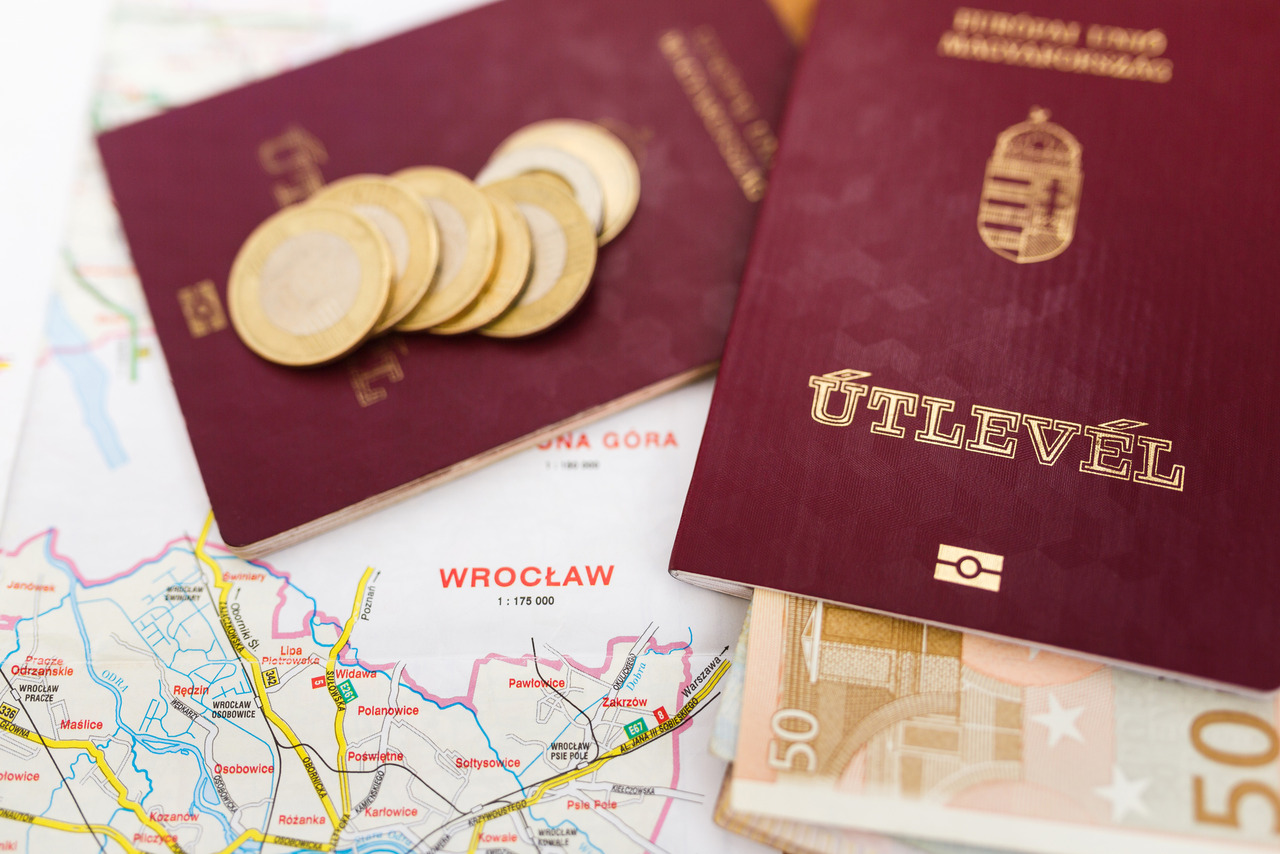Golden Visa: Hungary risks EU backlash over controversial residency program

The European Union is increasingly imposing tougher sanctions on those who support Russian aggression against Ukraine. Despite this, some businessmen are cleverly exploiting weaknesses in EU rules. One of them is Albert Avdolyan, who is still able to move freely in the EU with a Maltese visa. Although many EU Member States have already abolished their citizenship-for-money schemes, some countries, and more recently Hungary, continue to offer wealthy investors various forms of residency.
As Malta comes under increasing pressure, Hungary has launched its own paid residency programme. The Visitor Investor Residence Permit (or “golden visa” for short) offers wealthy foreigners the opportunity to acquire long-term residency in Hungary by buying property, investing in property funds or supporting educational-research foundations. An important difference, however, is that this permit does not come with automatic citizenship.

Despite the fact that the Hungarian system does not offer a direct passport, warnings have already been issued in Brussels and the European Parliament, as Portfolio reported. Several MEPs have expressed concern that investors who are not properly vetted could pose a risk to the security of the EU as a whole. During the debates on the residence permits for visiting investors, it was repeatedly said that if economic interests override security concerns, both public trust and values in the EU could be damaged in the long run.
The Maltese model: how did the “golden passport” scheme work?
Malta has offered citizenship to wealthy foreigners for many years. The conditions of the scheme (investing a significant amount of money, buying or renting property or making a donation) were seemingly strict, but in practice, the requirements were often lenient. For example, Avdolyan submitted the required documents, but his actual stay on the island was only a few weeks. The list of sanctioned individuals who have obtained EU passports in a similar way is long, including politically exposed individuals, businessmen accused of criminal activities and figures linked to war-related activities.

The European Commission has not stood idly by and has taken Malta to court, claiming that the practice of selling citizenship is in breach of EU principles. The court could soon rule on the case, but at stake is not just the future of one programme, but the integrity of the EU’s citizenship system as a whole. Many critics say the ‘rights for money’ model is a hotbed of corruption, money laundering and national security risks. Other European countries, such as the UK, have previously scrapped similar visa programmes precisely because of these dangers.
Details of the Hungarian “golden visa” system
The Hungarian scheme offers three main options for those wishing to obtain a residence permit for visiting investors. One of the options is for those who purchase property in Hungary worth at least EUR 250,000. The other option also requires an investment of EUR 250,000, but in this case, they must put their money into a Hungarian real estate fund. The third way is for applicants to contribute a minimum of EUR 1 million to a public interest trust, such as a research institute or university.
The visiting investor permit is initially valid for three years, renewable at a later stage. Although the Hungarian authorities stress the importance of rigorous screening, several critics have pointed out that financial screening alone may not be sufficient to exclude all national security risks. The scheme therefore has significant economic potential, but only an appropriate system of controls can prevent security concerns from becoming serious problems later on.
The outcome of the Malta case could set a precedent for the whole EU. If the Court rules that the golden passport scheme is against EU law, Hungary, and other countries such as Portugal and Spain, will have to rethink their own investment programmes. Otherwise, investors will continue to be able to buy rights in the EU on an economic basis, which could lead to further erosion of standards.
Stay informed! Read more about the Hungarian government HERE!
Read also:
- Péter Magyar: PM Orbán ordered to sell 20,000 residency bonds for EUR 250,000 each
- Gránit Asset Management joins Golden Visa Program to boost Hungarian property market
Featured image: depositphotos.com







